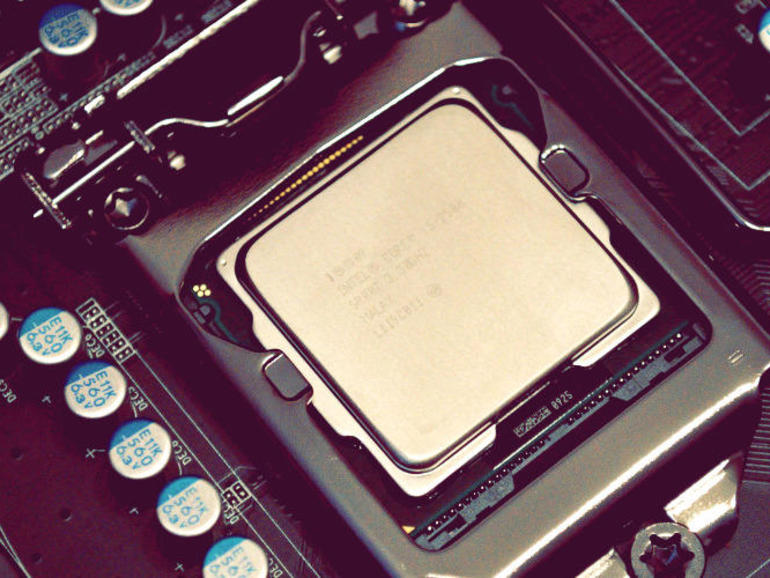Tsinghua Unigroup reportedly confirmed that one of its creditors has asked a court to begin bankruptcy proceedings.
In a report from Nikkei Asia, it is said the group received a notice from the First Intermediate People’s Court of Beijing Municipality. It added a creditor — midsized, state-owned bank Huishang Ban — has requested the court to support the bankruptcy protection for the conglomerate, saying the group has failed to repay debt.
It is reported the group missed a string of bond payment deadlines since November, which totalled around $3.6 billion.
Tsinghua Unigroup, whose subsidiaries include China’s largest mobile phone chip designer UNISOC, is majority-owned by President Xi Jinping’s former school Tsinghua University.
“Our group will fully cooperate with the court to conduct a judicial investigation and proactively to solve debt risks,” Tsinghua Unigroup is quoted as telling Nikkei Asia. “We support the court to protect the creditor’s legal rights in compliance with the laws.”
Previous reporting from Nikkei Asia explained that debt has impacted the group’s plans to build up its chipmaking capacity. Two of its projects, a large 3D NAND flash memory factory in Chengdu with total investment of up to 200 billion yuan and a DRAM memory chip factory in Chongqing have reportedly hit significant delays and may be scrapped.
The company is also looking to sell part of its stake in UNISOC in a move to raise cash.
LATEST ON THE GLOBAL CHIP SHORTAGE
The global chip shortage will be a long-lasting problem. Here’s what it means for you, and for the world
The semiconductor supply chain is flawed and it’s going to take a long time until things get better, despite the combined efforts of industry and regulators.
The global chip shortage is leaving car makers stuck in the slow lane
The automotive industry is expected to be the hardest hit by the current shortage of semiconductors.
The global chip shortage could soon start causing problems for your bank cards, too
The industry trade body for mobile payments is warning that smart payment card manufacturers are facing chip shortages, too.



